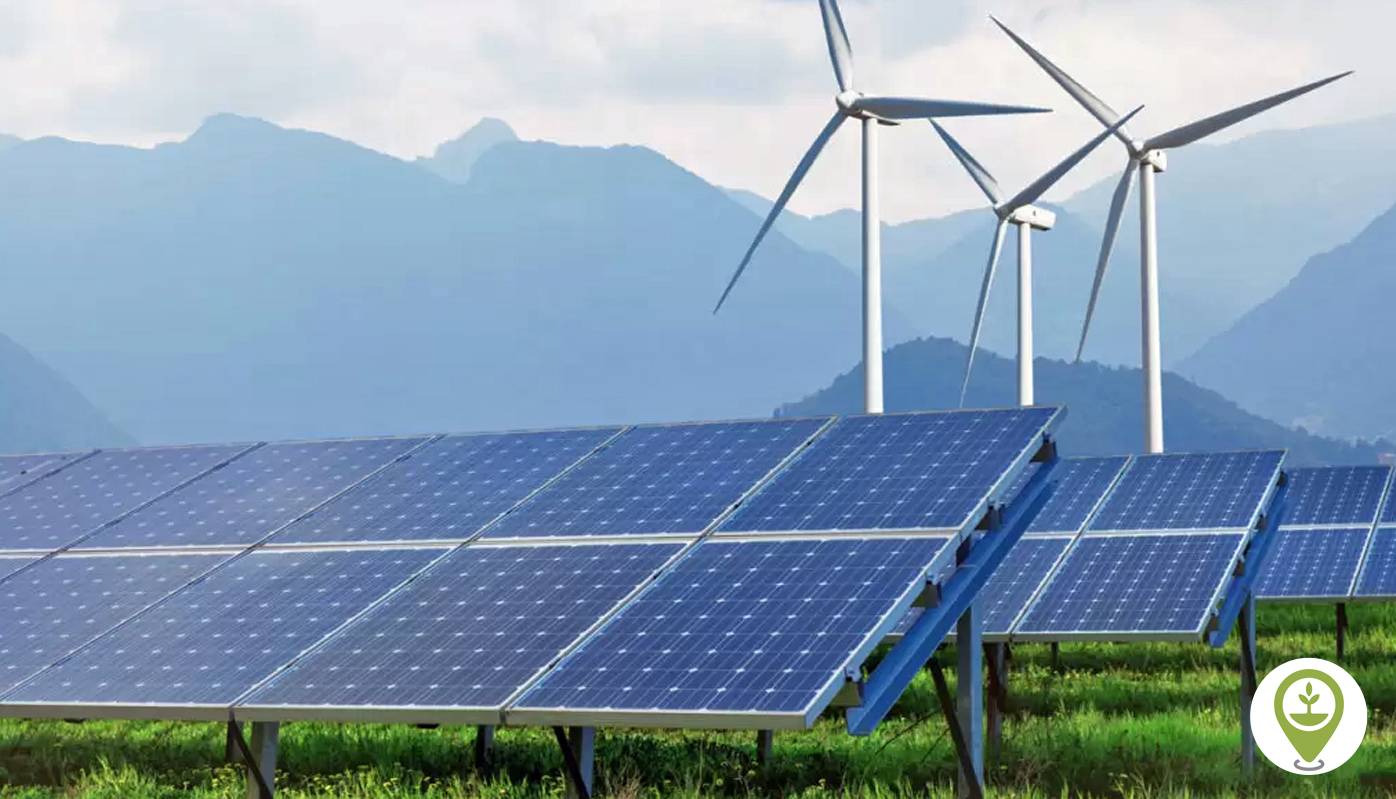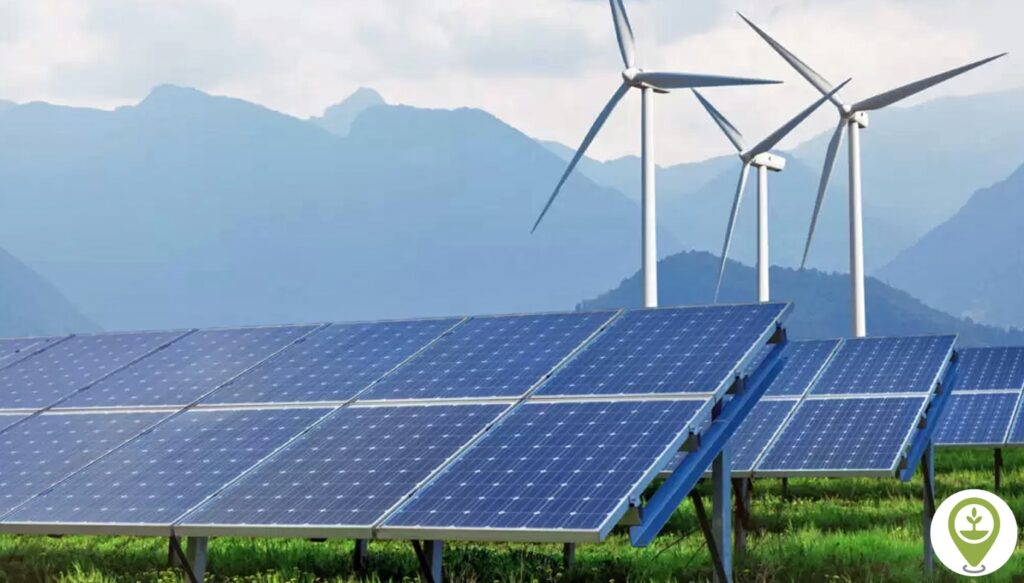
Introduction
The current energy landscape is undergoing a seismic shift, with renewable energy emerging as a beacon of hope for a sustainable future. This article explores the profound impact of renewable energy sources on our planet, society, and economy. From solar and wind power to hydropower and geothermal energy, these resources are not only abundant but also clean and eco-friendly.
Understanding Renewable Energy
Defining Renewable Energy
Renewable energy, often referred to as clean energy, is derived from sources that naturally replenish over time. Unlike fossil fuels, which are finite and contribute to environmental degradation, renewable sources include sunlight, wind, rain, tides, waves, and geothermal heat.
Types of Renewable Energy Sources
- Solar Energy: Harnessing the power of the sun through photovoltaic cells and solar thermal systems.
- Wind Energy: Converting wind motion into electricity using turbines.
- Hydropower: Generating energy from flowing water in rivers and dams.
- Geothermal Energy: Tapping into heat from the Earth’s core for electricity and heating.
- Biomass: Utilizing organic materials for energy production.
The Importance of Renewable Energy
Environmental Impact
One of the most compelling reasons for transitioning to renewable energy is its minimal environmental footprint. Unlike fossil fuels that emit greenhouse gases, renewable sources produce little to no emissions, reducing air pollution and mitigating climate change.
Energy Security and Independence
Relying on finite fossil fuels makes nations vulnerable to supply disruptions and price fluctuations. Embracing renewable energy enhances energy security by tapping into domestic resources, reducing dependence on foreign oil, and promoting self-sufficiency.

